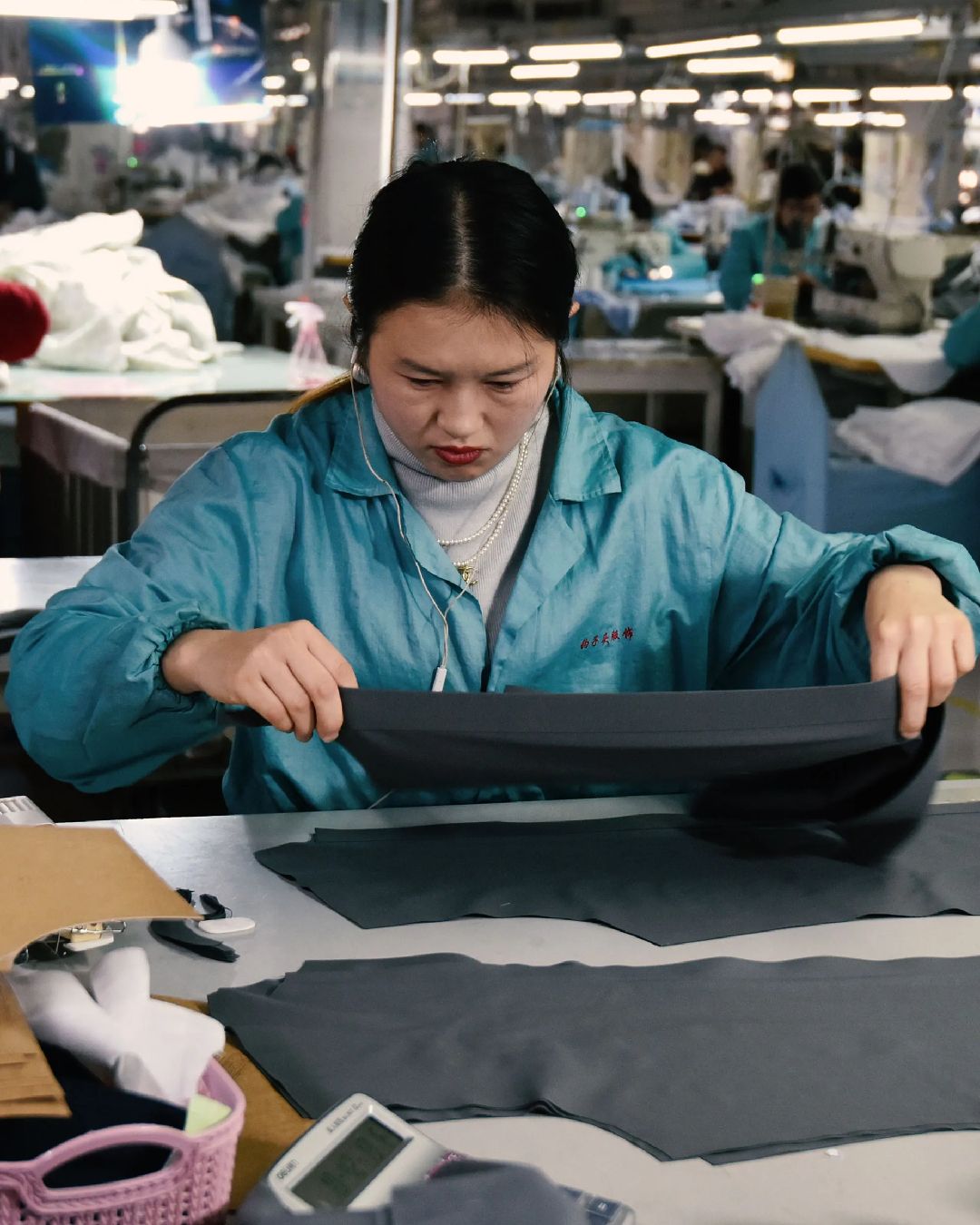
Inflation has reduced French fashion budgets Who are abandoning non-essential spending and reviewing their consumption priorities
Even though "the inflation crisis is behind us", according to Bruno Lemaire last December, the rise in prices continues to impact consumer behaviors among Parisians. According to the Boston Consulting Group report on shopping trends in several European countries, during the first half of the year, the French population reduced its spending on fashion (-38%), on snacks (-30%), and on alcohol (-24%). These reductions are relatively higher than the European average, which is around -20% for clothing budgets and -15% for snacks and spirits. These figures confirm the general decline in purchasing power for the middle class since the Covid crisis, forcing them to cut back on non-essential spending and turn to budget-friendly brands. This trend of reduced consumption has impacted, and continues to affect, many sectors, such as fashion, which is seeing disappointing revenue numbers. However, results concerning luxury product consumption have shown interesting findings: although luxury consumption declined by 23%, 17% of buyers reported spending more on luxury by paying higher prices or purchasing from more expensive brands.
According to the survey, the French expect to continue tightening their belts during the second half of the year due to the ongoing rise in prices, while wages and savings are likely to stagnate or even decrease. The results also reveal that Europeans are increasingly aware of the environmental impact of the fashion industry and are adopting sustainable practices to reduce their carbon footprint. For example, the French are cutting back on clothing purchases, while Danes favor recycling used clothing, and Germans focus on repairing old clothes to extend their lifespan. However, only 11% of French consumers reported being willing to pay more for greener products. Boston Consulting observes a gap between environmental awareness and willingness to change consumption habits to address this issue. In this context of crisis, brands must be creative in persuading consumers that their products are worth the investment. In this regard, the American firm particularly recommends localizing products, adopting dynamic pricing, and offering hyper-personalized promotions.















































